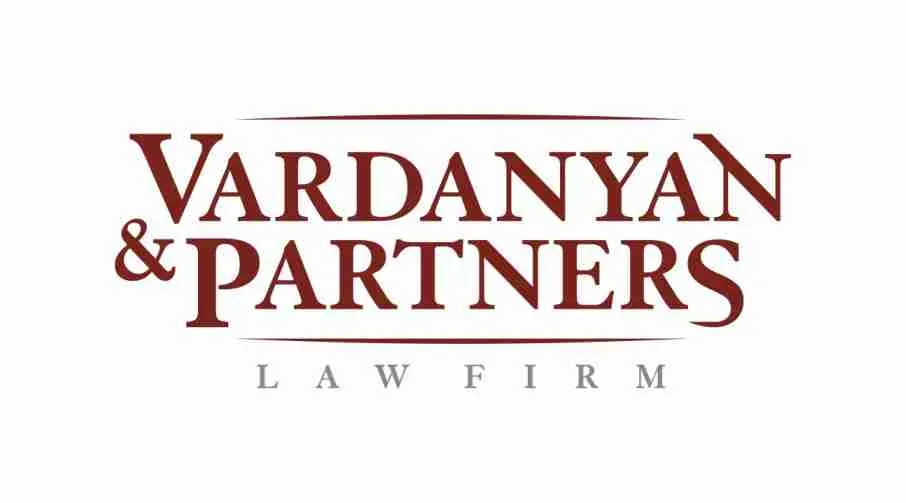Step 1: Selecting the Optimal Business Structure
During our initial consultation, we discussed various business structure options available in Armenia, including Private Entrepreneurship (PE) and Limited Liability Company (LLC). After carefully evaluating the client's business objectives and the advantages of each structure, she opted to establish an LLC due to its flexibility and the added benefit of limited liability protection, ensuring that her personal assets would remain shielded from any business-related liabilities—an essential consideration for an international entrepreneur.
Step 2: Business Registration Process
Vardanyan & Partners took full responsibility for managing the registration process on the client’s behalf. By granting us power of attorney, we were able to handle all document submissions without the need for her physical presence at the State Registry.
Key documents required for the registration included:
• X.F.’s passport, which was translated into Armenian
• Bilingual LLC registration documents prepared by our legal team to ensure compliance with Armenian law
Armenia’s efficient company registration system allowed for the LLC to be officially registered within one business day following the submission of the documents.
Step 3: Post-Registration Compliance and Tax Strategy
Following the successful registration of the LLC, we assisted X.F. in navigating the intricacies of Armenia’s tax system. After analyzing her business model and projected revenue, we recommended the turnover tax regime as the most suitable option. This regime included a simplified tax structure for businesses with annual sales under AMD 115 million (approximately USD 298,000) to pay a 5% turnover tax, replacing CIT and VAT.
It is worth mentioning that effective January 1, 2025, the turnover tax rate will increase from 5% to 10%. Additionally, these businesses will have the option to reduce expenses by up to 9% from their taxable income, resulting in an actual tax rate ranging from 1% to 10%.
With the comprehensive support of Vardanyan & Partners, X.F. successfully registered her LLC in Armenia, capitalizing on the country's favorable business environment and tax benefits. The efficient handling of the registration process allowed her to establish the company remotely and without delays. As her business in Armenia continues to expand, X.F. has entrusted our firm with the responsibility of securing work and residence permits for her foreign employees, further demonstrating her confidence in our expertise and the quality of our services.
For more detailed information on the business registration process and regulations in Armenia, please visit our website.



